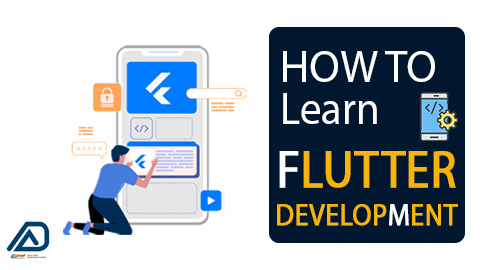What you'll learn
Basic Syntax and Programming Concepts: You'll start with the fundamentals, including variables, data types (integers, floats, strings, etc.), operators, control structures (if statements, loops), and function.
Functions and Modules: Explore how to define and call functions, pass arguments, and return values. You'll also learn about Python modules and how to create your own modules for code organization.
Object-Oriented Programming (OOP): Understand the principles of OOP in Python, including classes, objects, inheritance, encapsulation, and polymorphism.
Exception Handling: Learn how to handle exceptions and errors gracefully in Python using try-except blocks and custom exception classes.
Input and Output (I/O): Understand standard input and output in Python, as well as file I/O. Learn how to format and display output effectively.
File Handling: Explore reading from and writing to files, including text files and binary files. Work with file objects to manipulate file data.
Flutter Development
What is Flutter Development? Flutter is an open-source UI (User …
What you'll learn
arning objectives in Flutter are concise statements that outline what you aim to achieve while learning Flutter development. These objectives guide your learning process and help you focus on key skills and knowledge areas. Here's a short note on common learning objectives in Flutter
Flutter Fundamentals: Understand the core concepts of Flutter, including widgets, layouts, and UI components.
Dart Programming: Learn the Dart programming language, which is essential for Flutter development.
User Interface Design: Master designing user interfaces with Flutter widgets, understanding layout principles, and creating responsive designs.
State Management: Explore various state management techniques and choose the right one for your app's complexity.
Navigation: Implement navigation and routing between screens in your Flutter app.
Data Handling: Work with data sources, APIs, and databases to fetch and display information in your app.
Flutter Animation: Create engaging animations and transitions to enhance user experience.
Testing and Debugging: Write tests to ensure the reliability of your app and troubleshoot issues effectively.
Platform-specific Features: Learn to integrate platform-specific features and plugins for Android and iOS.
App Deployment: Understand the app packaging and publishing process for Google Play Store and Apple App Store.
Performance Optimization: Optimize your Flutter app for better performance and responsiveness.
Continuous Learning: Stay updated with Flutter's evolving ecosystem, explore new packages, and engage with the community.
Real-world Projects: Apply your skills to build practical Flutter apps, gaining hands-on experience.
Open-source Contribution: Contribute to open-source Flutter projects to deepen your understanding and collaborate with the community.
Problem Solving: Develop the ability to solve common issues and challenges in Flutter development.
Android Development
What is Android Development? Android development refers to the process …
What you'll learn
When learning Android development, you'll acquire a set of skills and knowledge that enables you to create mobile applications specifically for the Android platform. Android development involves various aspects of software development, user interface design, and working with the Android operating system
Java or Kotlin: You'll learn one of the primary programming languages for Android app development, Java or Kotlin. Both languages are used to write the code that powers Android apps, with Kotlin gaining popularity for its modern and concise syntax.
Android Studio: Android Studio is the official integrated development environment (IDE) for Android development. You'll become proficient in using this tool to write code, design user interfaces, test, and debug your Android applications.
Activities and Fragments: Android apps are structured around activities, which represent different screens or windows. You'll learn how to create activities and use fragments to build flexible and responsive user interfaces.
Intents: You'll understand how to use intents to facilitate communication between different components of your app and between different apps. Intents are used to request actions or services from other parts of the app or from other apps.
android Manifest: The AndroidManifest.xml file is a crucial configuration file that describes essential information about the app, such as its components, permissions, and version.
Networking: Understand how to make network requests and integrate data from web services and APIs into your Android app.
Testing and Debugging: Proficiency in testing your app using the Android Emulator and real devices, as well as debugging and troubleshooting issues in your code.
Material Design Guidelines: Familiarize yourself with Google's Material Design guidelines to create apps with a consistent and modern look and feel.
Offline Support: Learn how to build apps that work offline or in low-network conditions.
Human Resource
All Documentation Offer Letter, Increment Letter, Joining form, NDA, etc. …
What you'll learn
All
- 1
- 2





